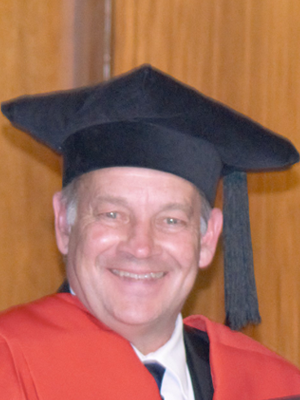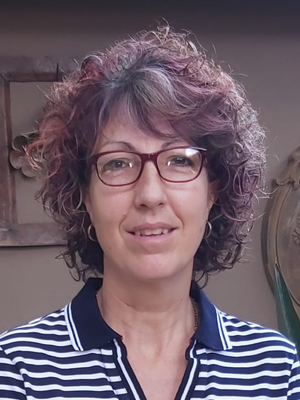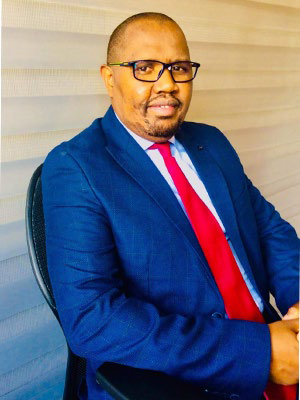
Prof Marius Smit
The symphony of seeds and harvest – harmonising the law, policy and interventions to cultivate quality education (read more)
The symphony of seeds and harvest – harmonising the law, policy and interventions to cultivate quality education
By Prof Marius Smit
Our education system has been struggling for many years now and the recent TIMMS and PIRLS international evaluation reports once again affirm that South Africa’s education system is floundering. In this lecture the following matters were addressed: The effect of the law, policies and interventions on the education system, components of quality education, the reasons for the poor state of education in South Africa, and recommendations for improving education in South Africa. Well drafted, timeously amended and properly applied statutes provide structure and order to the education system and ensure accountability. For instance, based on one finding in the PhD thesis of Prof Smit, namely that schools were inordinately politicised by unions and COSAS, the South African Schools Act was amended in 2011 with the addition of section 33A, which prohibits any political activity at schools. The courts have also enforced socio-economic fundamental rights, like the right to education, by granting creative orders such as structured interdicts, supervisory interdicts, a dialogic remedial process, compensatory relief, and punitive cost orders against state officials who abuse the law.

Prof Charlene du Toit-Brits
Are We There Yet? A Sense of Ownership: Empowering Self-Directed Students in Higher Education (read more)
A Sense of Ownership: Empowering Self-Directed Students in Higher Education
By Prof Charlene du Toit-Brits
In higher education, a necessary inquiry emerges about promoting self-directed learning (SDL): "To what degree are we successfully fostering an educational setting that embraces the notion of students assuming responsibility and accountability for their learning, thus empowering them as autonomous learners?" Allowing students to determine their educational trajectory facilitates a transformational, deeper learning experience. Enabling students to autonomously guide their learning by cultivating a sense of ownership is a challenging undertaking that needs careful and strategic planning. The transition towards a fully SDL higher-education environment is hindered by conventional teaching methods and institutional factors. It is essential to include student-centred pedagogies and self-directed instructors in the educational framework to foster a sense of ownership and SDL. The phrase "Have we reached our destination?" symbolises a collective effort to empower students by fostering self-direction and ownership. This transformative approach seeks to redefine higher education as a space where students actively shape their educational experiences, develop a comprehensive educational environment, and make meaningful contributions to the community.

Prof Emmanuel Mgqwashu
A timely question: how can we not talk about becoming a professor in the context of decolonising higher education? (read more)
A timely question: how can we not talk about becoming a professor in the context of decolonising higher education?
By Prof Emmanuel Mgqwashu
Drawing from my own experiences and critical reflections on my journey to become a professor, I explore the need for higher education to revisit the role of and the contribution a professor needs to make to the knowledge project. I show how two types of pressure facing higher-education institutions necessitate this revisiting of the role of a professor: firstly, to account for “market-friendliness” and, secondly, to respond to the transformation and decolonisation imperatives as a result of massification. I show the broader socio-economic and political conditions under which universities exist and the impact they have on the knowledge project.
